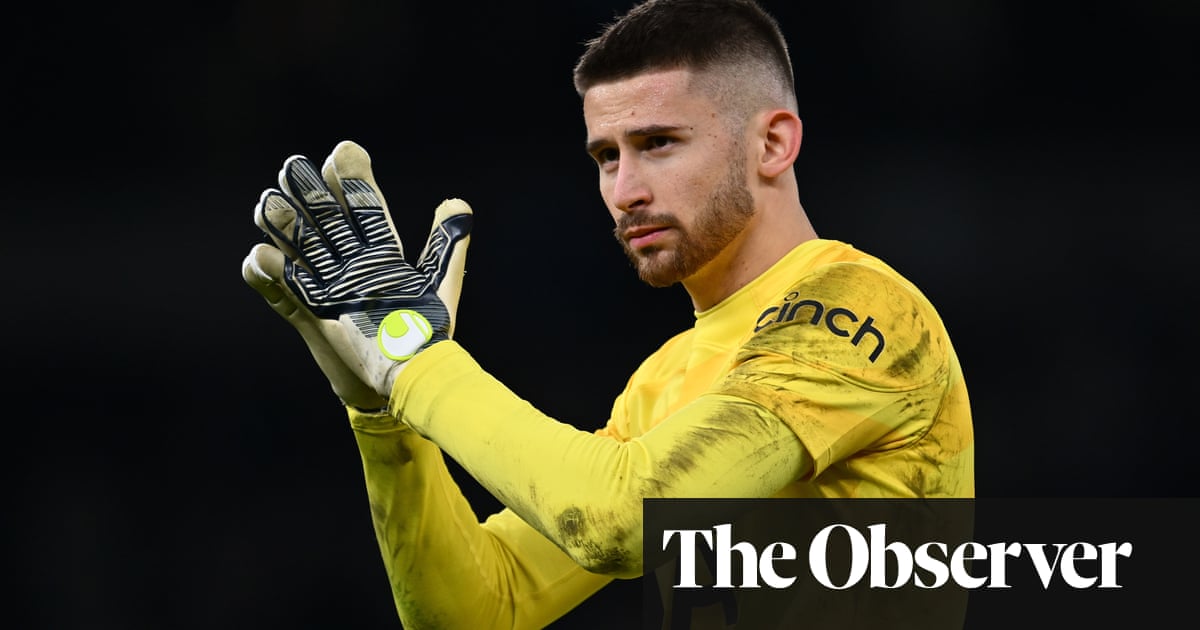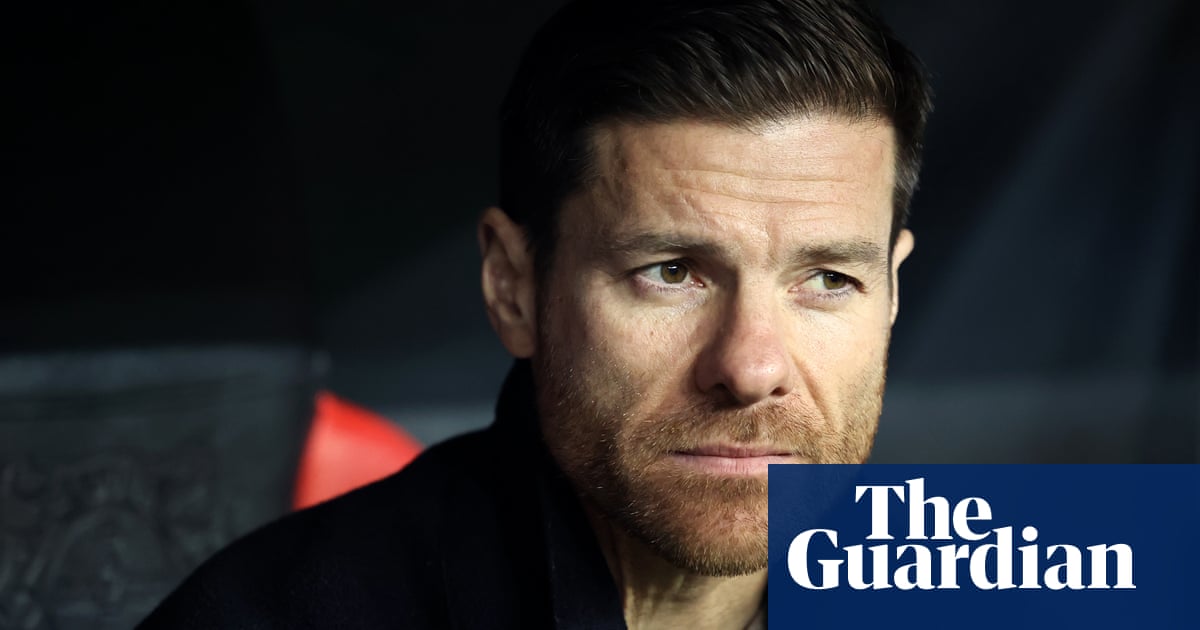
t is not beyond the realms of possibility that Ekeren, just outside Antwerp, may soon house a statue most people can get behind. Toby Alderweireld could not believe his ears when he heard several hundred local residents had signed a petition to erect a memorial to him in place of that to the former king of Belgium Leopold II, who oversaw atrocities in Congo from the late 1880s to 1908. The defacement and subsequent removal of Leopold’s likeness, which was targeted during the wave of protests following George Floyd’s killing in the United States, has left a vacancy where it stood in the town centre.
“I was laughing,” Alderweireld says of his reaction to the idea, which had gained more than 800 signatures by Friday afternoon. “I thought it was some kind of joke, that people are actually signing the petition.
“I have to say I’m a little bit honoured as well. It’s a small town in Belgium and until I was 15 I spent my youth there. I went to school there and I still go back. If they really wanted to I would never say no because I would be honoured, but I will not sign my own petition. Of all the people who have, I think about 80% are my friends.”
Tottenham supporters may be persuaded to join the cause if, upon the return of Premier League football on Wednesday, Alderweireld can help salvage a season that looked doomed when the music stopped. It has been a fall from grace for Spurs, who are yet to see much benefit from the decision to replace Mauricio Pochettino with José Mourinho. They are out of the Champions League and seven points off the top four, although fifth place will secure a return to the top table if Manchester City lose their battle with Uefa at the court of arbitration for sport. That spot is occupied by Manchester United, who visit White Hart Lane on Friday for a match whose significance cuts through the sterile environment that will host it.
“I know it’s a cliche but it’s nine games and we have to see it as nine finals,” he says. “We have to get good momentum and the first is a very big game. We are going to do everything we can to reach the top four.”
The list of players who have not hit top form, Alderweireld included, is sizable. But Harry Kane’s hamstring injury, which sidelined him after New Year’s Day, counts as a form of force majeure and there was encouragement when the England captain said he felt “as good as I can be” last month.
“In training he looks fully fit, top fit, so we’re going to see the old Kane again,” Alderweireld says. “He has been out for a longer period so his desire to show everyone is unbelievable, so you’re going to see a very good Kane.”
There has been scant letup in Kane’s rehabilitation process but Alderweireld is at pains to stress nobody has had much of a break. Three months without football are not quite what they seem: uncertainty around the league’s return meant nobody could switch off and whether through Zoom sessions or individual runs around Trent Park while being tracked via GPS he believes he kept fitter than on a typical pre-season before training recommenced.
“Everyone went into ‘beast mode’ – training, training,” he says of those blank days in March and April. “We didn’t know when we were going back. Maybe the week after, two weeks after. So people think we were on holiday but we sure weren’t.
“When we were back training we felt like: ‘I’m ready,’ not like in pre-season when it’s: ‘Oh, I have to start all over again, I feel muscle pain.”
He thinks that, with 2020-21 likely to follow in short order and a postponed Euro 2020 to come straight afterwards, “some kind of mental break” will be needed after July. There has been plenty else to occupy the mind. Alderweireld became a father for the second time three months ago so, in one sense, lockdown has been opportune. Life outside the footballing bubble now takes on a brighter hue.
“People say: ‘What’s going to be after football? Are you going to be in some black hole?’ But I know from this experience how much I’m going to enjoy being with my family and having a normal experience with them.”
In March, Alderweireld and his father paid for tablets and phones to be used by isolated residents of hospitals and care homes in England and Belgium. The idea was that families could maintain a visual connection regardless of Covid‑19 and there were some intensely bittersweet results. “There were even stories about people who had to say goodbye to family members who died with a video call,” he says. “Maybe it’s strange but if the tablet wasn’t there you couldn’t say goodbye at all.”
It was a meaningful way to assuage a terrible effect of lockdown and he applies similarly deep consideration to the issue of statues and recognising history, regardless of who eventually ends up on that plinth in Ekeren. “I would never say: ‘This is a good time to put up a statue of me,’ because I don’t think I will ever deserve a statue,” he says. “I don’t know if it’s good to take down the statue and I’m not going to get involved in that, but I do think it’s good to look back at the history and learn from it.
“It’s the same with the history from the world wars. Of course I’m disgusted about all the things that have involved racism and I will never understand it, but taking a statue down? All I will say is that we have to look to that period and look at what went wrong so we never get in that situation again.”












